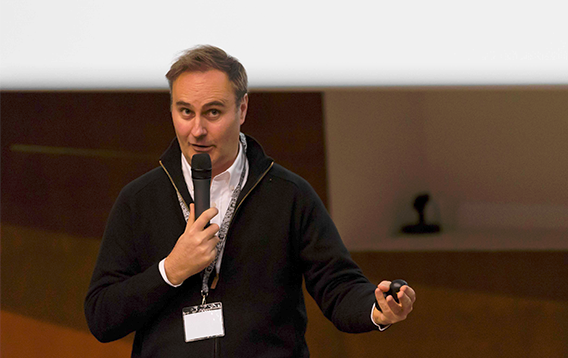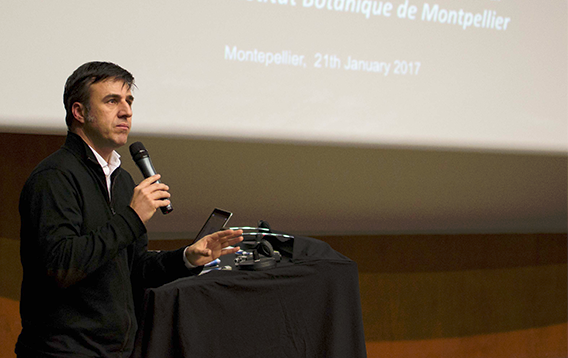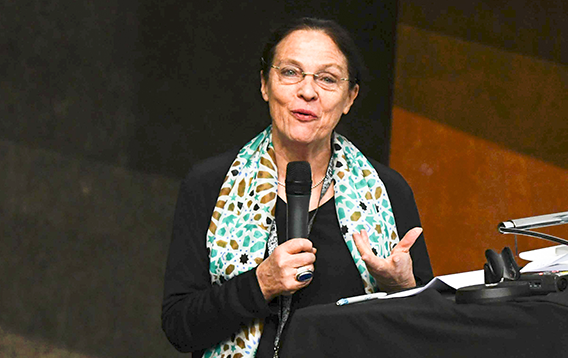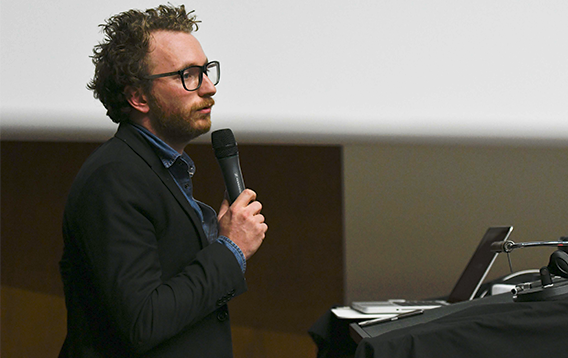
The news is that new tools and new means of communication are changing our lifestyles…
The news is that new tools and new means of communication are changing our lifestyles. The strong idea is that with the cities of tomorrow we will have more metropolises and metropolises more powerful. So if there is this economic power, this movement of metropolization, and concentration of wealth, individuals and powers, there is also a major issue, in my opinion, that of slums. The city of tomorrow is, of course, joyful metropolization with its share of inequality, but it is also its share of horror for people, who are born first in the shantytowns, Ex-rural, coming from other small towns, which will populate the most degraded areas, even if there is a certain vitality in the great metropolises.
The smart was not born of the spirit of generous, progressive philosophers, nor of public policies that were invented either nationally or locally; But this has been fundamentally invented by companies that sell dreams, services, and obsolescence more or less programmed. I think we should all bear that in mind when we talk about smart. The “smart”, what does that mean? Does this mean intelligent, elegant or chic? Often we translate it by intelligent. The smart city means that there would be a smart city, and one that is not. Cities, as they say, that would not be smart. It is fundamental to say that our city is smart. Behind this, however, there is this great uncertainty, which means that intellectuals can make books and lectures, even quizzes, but there is no perfect determination of what is the perimeter of the smart. The subject of Smart City is the Smart Citizen. First, it must be equipped, have access to, and use of, these facilities and services, understanding and willingness to implement what is behind the policies, The plan of energy intelligence. The great subjects are subjects of individual decision, which are taken; Whether or not they use a particular type of heating, a particular instrument, or a particular service offered to us. All the same, does it make sense to talk about the elegance of cities? Certainly from the architectural and heritage point of view! When we talk about smart, but there are more and more standards, there is concrete, there is mineral, there is everything you want; And then there’s the way people behave, and that’s what counts. What we are told is that we are going through a tremendous revolution that would take us from the period of building and sustaining the city with large infrastructure networks, concrete, asphalt And whatever you like, to cities that would be almost in the clouds, where everything would be digital, where data management could improve our conditions, perhaps transform part of the city, some neighborhoods; And I do not know, personally, whether, truly we have, with the so-called digital revolution, something as important as the electricity revolution. What is true, on the other hand, is that we are at a period when the city is today generally celebrated. France in particular is very “urbanophobic” in its history. It was terrible to live in town. For a part of our philosophical elites today, the city and the smart city are increasingly being erected in solution. But this is not only in France.
by Julien Damon
Sciences Po Paris



